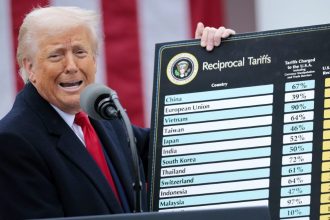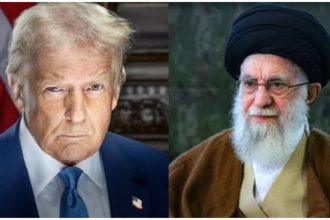British police have decided not to pursue charges against the Irish rap group Kneecap following an investigation into remarks made during their performance at the Glastonbury music festival in June 2025.
On July 19, Avon and Somerset Police announced that there is “insufficient evidence to provide a realistic prospect of conviction for any offence,” after consulting with the Crown Prosecution Service. The investigation focused on Kneecap’s performance at the West Holts stage, where band members led chants against Prime Minister Keir Starmer.
The investigation was announced in June after officers reviewed video footage and audio recordingshttps://t.co/sXcAHxE0uj
— Sunday World (@sundayworld) July 19, 2025This development follows a separate terrorism charge against a Kneecap member in May 2025 for allegedly displaying a Hezbollah flag, which the group denies. At Glastonbury, Kneecap performed alongside punk-rap duo Bob Vylan, whose set included chants of “death to the IDF,” referring to the Israeli military. Police continue enquiries into Bob Vylan’s performance.
Read: Kneecap’s Mo Chara Faces Terrorism Charge for Hezbollah Flag at 2024 London Concert
Kneecap responded on Instagram, stating that the investigation was politically motivated: “Everyone who witnessed our performance knew that no law was broken—far from it. Yet, the police decided to publicly announce that they were opening an investigation.” The group asserts that their actions were a form of free expression.
British police have dropped their investigation into Irish rap group Kneecap over comments made during their Glastonbury performance last month, citing insufficient evidence for prosecution.
The probe, which also included punk-rap duo Bob Vylan, was launched after the group… pic.twitter.com/dVITGbzPFy
— 10 News (@10NewsAU) July 19, 2025The Glastonbury festival, which took place from June 25 to 29, attracted large crowds. However, an incident during the event sparked discussions about the balance between artistic freedom and legal boundaries in the UK. Legal experts note that while provocative speech may result in scrutiny, prosecutions require clear evidence of criminal intent.






